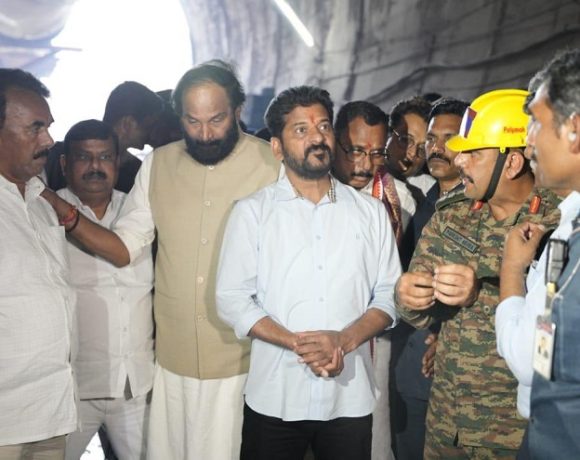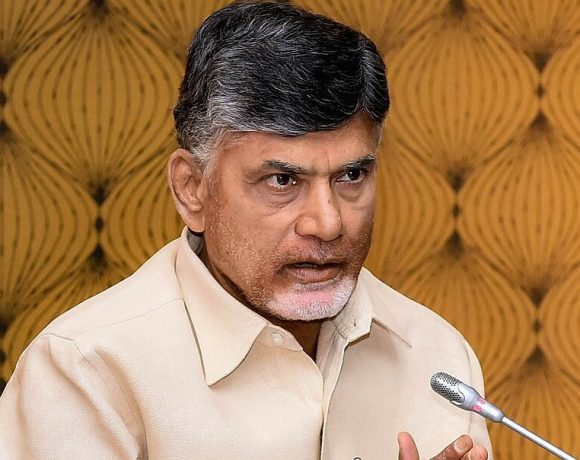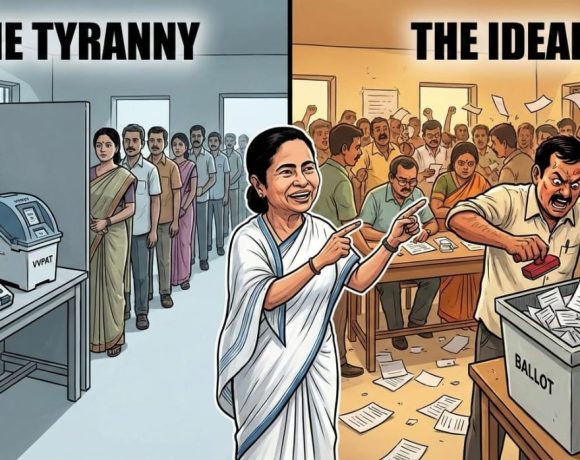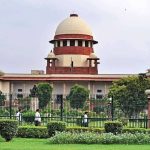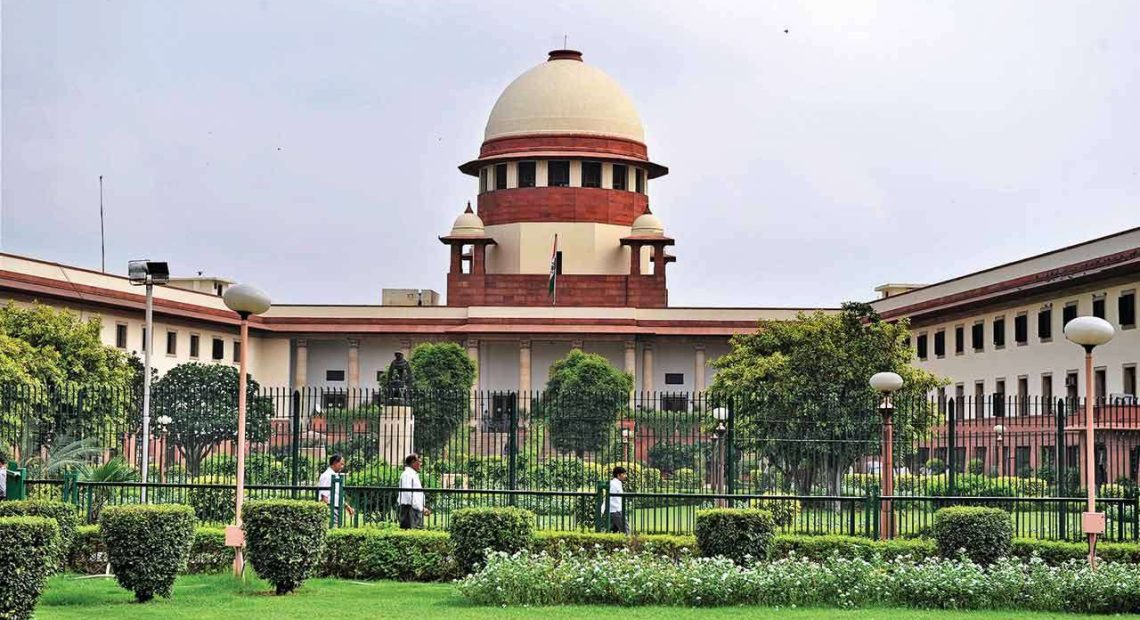
Supreme Court Overturns Allahabad HC’s Directive on Government Officials’ Medical Treatment
In a significant ruling on February 25, the Supreme Court nullified an order issued by the Allahabad High Court that mandated government officials in Uttar Pradesh to obtain medical treatment solely from government-run hospitals. The High Court’s 2018 directive aimed to enhance the condition of state-run medical facilities by requiring public servants to utilize them exclusively.
Supreme Court Questions Policy Interference
The bench, comprising Chief Justice Sanjiv Khanna and Justice Sanjay Kumar, expressed concerns that the High Court’s directive overstepped judicial boundaries by interfering with personal healthcare choices and policy decisions. Chief Justice Khanna remarked, “How can the High Court direct the policy decisions—from where a person can get treatment or cannot get treatment? Obviously, the conditions of the hospitals need to improve, there is no doubt about that—if that was the intent, that was a noble, good intent. But beyond that, you cannot say that you must get the treatment only from A, B, and C (hospitals).”
Allahabad High Court’s Original Directive
The Allahabad High Court’s directive, specifically Direction No. 11, stated: “It shall also be ensured that all Government Officials and others who receive salary or other financial gains from Government/Public exchequer, should avail Medical Care services from Hospitals run and maintained by Government and whenever any high-level officials, political executives or other dignitaries go for treatment, Medical Officer on duty, by roster, shall attend him and there shall be no special VIP treatment.”
The directive further stipulated that if medical care was obtained in private hospitals, the government should not reimburse the expenses unless the required treatment was unavailable in government facilities.
Implications of the Supreme Court’s Decision
The Supreme Court’s ruling emphasizes the importance of personal choice in healthcare decisions and delineates the boundaries of judicial intervention in policy matters. While acknowledging the necessity for improvements in public healthcare infrastructure, the Court underscored that mandating exclusive use of government hospitals for officials is beyond judicial purview.
This decision is expected to have broader implications for similar directives affecting personal choices and policy decisions, reinforcing the principle that while the judiciary can advocate for systemic improvements, it must refrain from encroaching upon individual rights and administrative policies.



